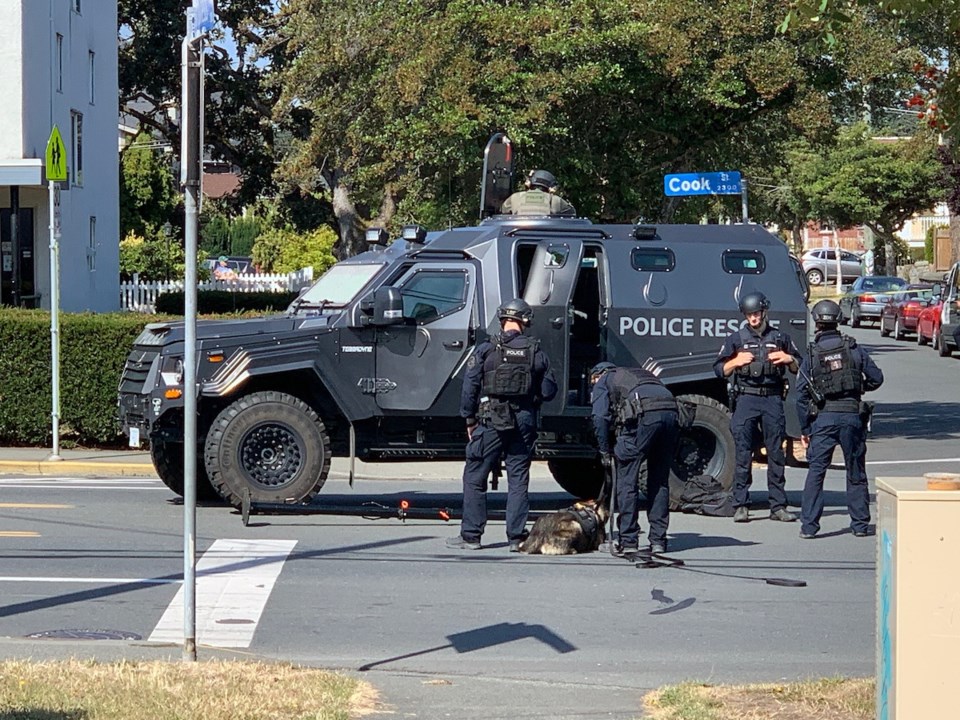We often hear people, especially business folks talk about the importance of relationships or connections. Policing is no exception, and there is nothing more critical than building those bridges and maintaining strong ties with the community.
This can make or break any police service, and with ongoing demonstrations around the world and police under the watchful eye of the public these relationships are paramount.
Peel’s seventh principle has always stood out for me, it states “police, at all times, should maintain a relationship with the public that gives reality to the historic tradition that the police are the public and the public are the police; the police being the only members of the public who are paid to give full-time attention to duties which are incumbent on every citizen in the interests of community welfare and existence.”
In a 2003 publication called Changes in the Neighbourhood, Lorne Daniel wrote “nothing creates a community like controversy. Community thrives in crisis. While we may not have tightly-knit communities on a day-to-day basis, we come together quickly in the face of a threat. This is human nature – to become active, agitated, and energized when we perceive a threat.”
Some would argue that in cities like Minneapolis the police have become a threat, and citizens are clearly energized and demanding reforms.
This principle suggests that there is a duty, and a shared responsibility that police officers and every citizen must shoulder in the pursuit of community well-being and existence. Suggesting that the police are the public and the public are the police creates an epic partnership.
Is this partnership faltering, and why? Many would agree that we have continued putting more and more responsibilities on the police, and that officers need to be a jack of all trades on the streets they patrol. Homelessness, mental health and addictions are all serious issues that are taxing our officers, and stressing municipal budgets. Taxpayers are feeling the pinch too, year after year, and are beginning to see that it’s no longer sustainable.
Since many of these problematic issues police are facing are social challenges it’s become very clear that social innovation is critical. Dr. Chad Nilson and the Community Safety Knowledge Alliance acknowledge McConnell Foundation’s Stephen Huddart and have observed that reaching our preferred goals for modern society requires us to challenge the status quo in human service delivery.
Huddart writes “improving outcomes for vulnerable people, creating agile, responsive institutions, and unlocking capital that is currently absorbed by service delivery models that worsen problems they were intended to solve, are goals we can all support, and which social innovation is designed to achieve.” The police were never properly equipped to deliver these services.
So, what’s next and are there better solutions? Some recent discussions with friends and colleagues suggest that increased citizenship would be a great start. In other words, playing more of an active role in their community. After all, Peel suggests that these duties are incumbent on every citizen.
We have policing initiatives such as Block Watch, Crime Free Multi-Housing and others, but are they enough? Volunteers are often at the heart of these programs and they need backup too.
Discussions about many of these challenges are well underway in various neighbourhoods, with more and more residents getting actively engaged. Community groups and neighbourhood champions have started exploring more proactive alternatives. Taxpayers are also getting wise and clearly understand that hiring more police year after year is reactive and unsustainable.
The film Citizen Jane tells the story of Jane Jacobs, an individual who empowered fellow citizens to act, and transform their city. She writes “cities have the capability of providing something for everybody, only because, and only when, they are created by everybody.”
Calling all citizens! This is your opportunity to seek out proactive solutions and be empowered by taking more ownership in your neighbourhood. Consider all the possibilities by exploring best practices that ensure better outcomes. Community safety and well-being is all about connection, relationships that can’t thrive in isolation. Policing must remain a partnership affair – they need us as much as we need them.
Steve Woolrich is a Crime Prevention Practitioner and the principal of Rethink Urban’s collaborative focusing on Community Safety and Well-Being.



